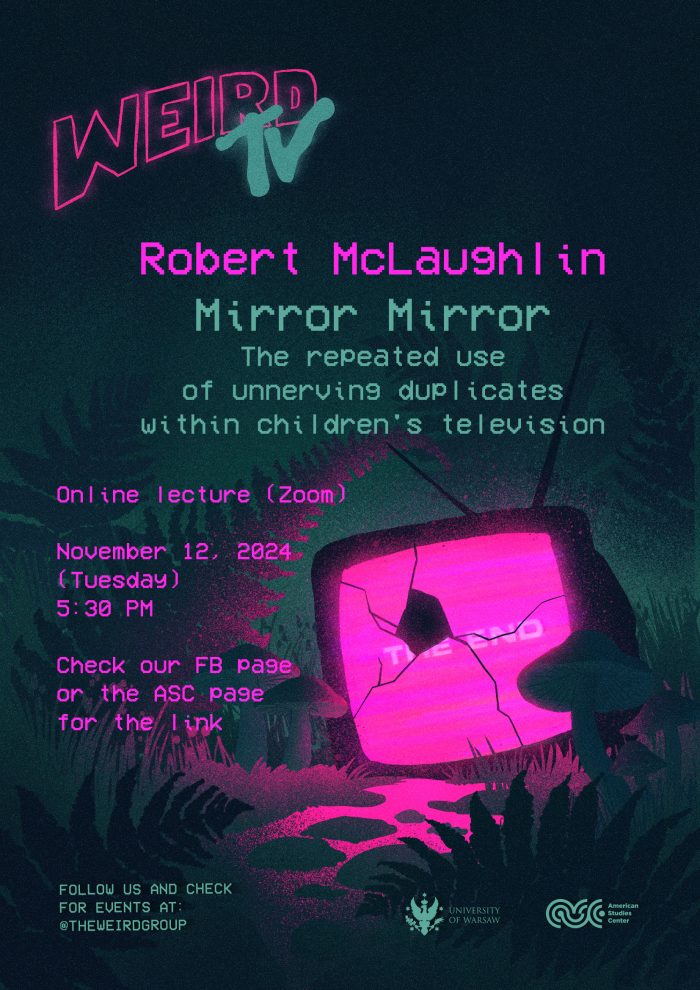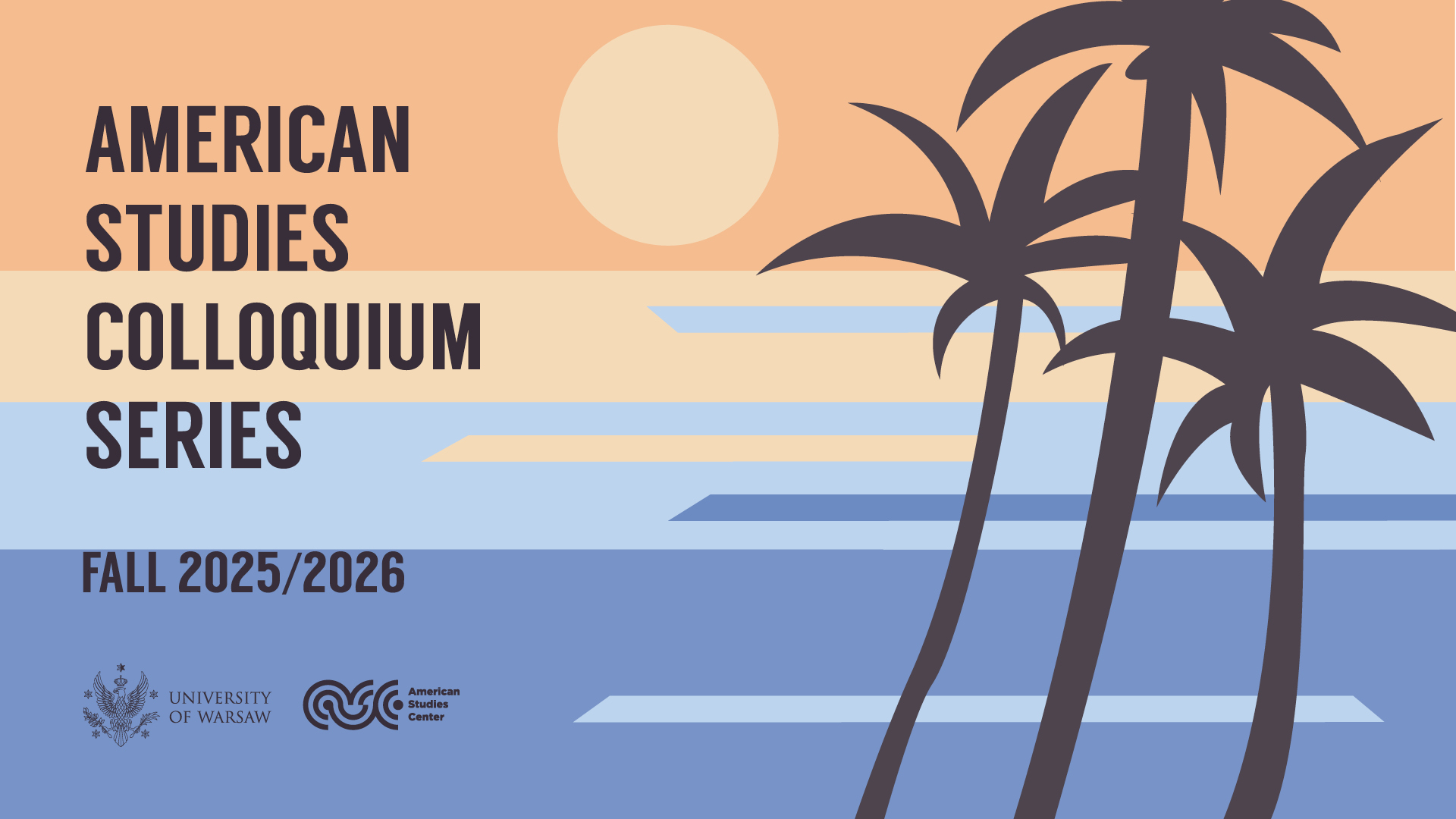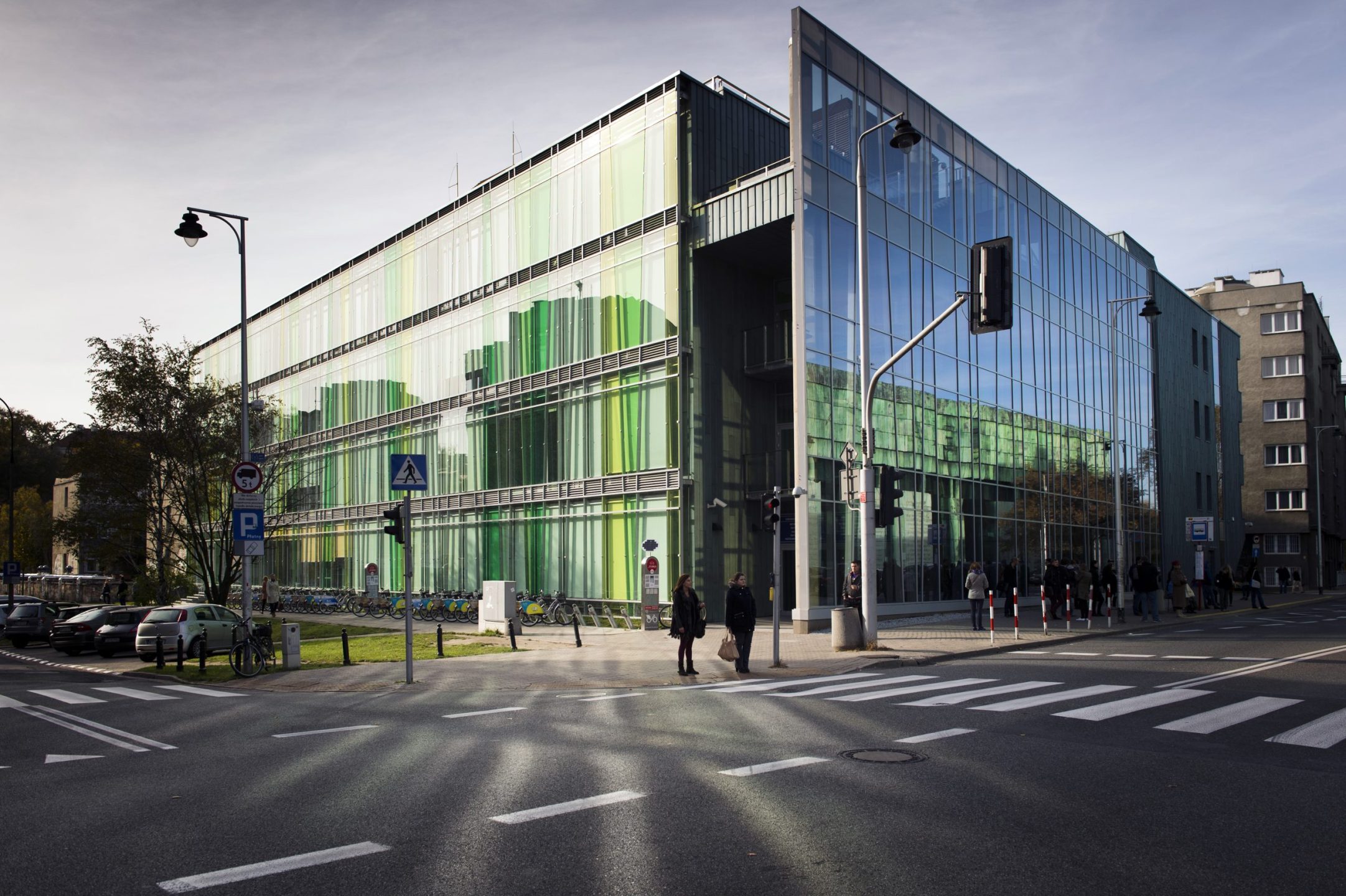Please, join us for the online meeting in the Weird TV series!
Our guest, Robert McLaughlin (Arden University), will deliver a talk “Mirror Mirror – The repeated use of unnerving duplicates within children’s television.”
Tuesday, November 12, 2024
5:30 PM CET
You can get 2 OZN points for participating in this event.

Where?
Zoom
https://uw-edu-pl.zoom.us/j/93719815746
What?
Science fiction and fantasy have always played a significant role in children’s television programming which is reinforced by concepts of the imagination and the fantastical in world-building.
The notion of a Doppelgänger is framed as something that is split, divided, revealed, or repeated via the concept of coping or duplication for example a replication of an individual or presented by one’s own double. In this context, clones and copies are coded as monsters framed by the danger of an encounter with something unknown, yet similar and creates an environment of fear and distrust. This notion is evident within narratives such as Fringe, Battlestar Galactica and WestWorld which all present examples of copies, simulacra, and alternative versions of characters as malevolent entities. As such the concept of the representation of copies or duplicates to mimic the identity of a character is often played out via ‘super’ natural or unnatural means, usually as a narrative device to bring a dark reflection of the protagonist into a narrative.
Freud’s concept of the ‘uncanny’ provides a concept by which viewers find the idea of the Doppelgänger as unnerving and uncomfortable In this presentation of a Doppelgänger there is a psychological threat that is created by seeing a simulation or simulacra of oneself creates a dissolution of self as characters are presented with versions of themselves, that could be a malevolent or darker version of themselves and in many iterations also a ‘better’ versions of themselves.
There is evidence throughout children-focused media that while intentionally benign notions of copying, cloning and or the replication of oneself as a means to, for example, circumnavigate menial tasks or work which is evidenced by the mishaps of Mickey Mouse within The Sorcerer’s Apprentice in Fantasia (1940 dir. Walt Disney) or itself replicated within Bill Wattersons comic strip Calvin and Hobbes where Calvin creates clones to do his chores the idea of the creation of copies and clones within a narrative usually lead to not only a sense of unease but also a notion of threat or harm.
The sheer prevalence of doubles whether in the form of murderous alter egos, monstrous shapeshifters, maniacal twins, or malevolent clones – testifies to their psychic resonance to create a sense of unease and monstrous with the double ‘hollowing out’ the real. As such it is of no surprise that this aspect of horror appears regularly within children-focused media where the notions of the unnerving, unease and the dark imaginary tend to be found. It is with this notion that this presentation will investigate this area and explore this repeating or indeed duplicating aspect of fear and replicated weirdness present within children’s televisual media.
Who?
Robert Mclaughlin is a Lecturer at Arden University where his research focuses on comic books, gaming and cult film. He has written papers and chapters about vampires and zombies in comics, Deadpool, death and doppelgangers and provided commentary on aspects of Hauntology and B-Movie and video culture. He has previously written a monograph about Tobe Hooper’s Poltergeist and is currently researching the representation of transhumanism and zombies within the MCU.




